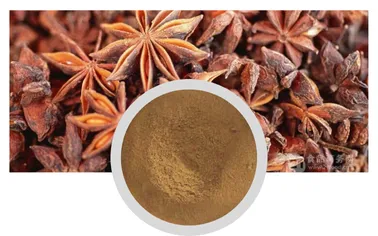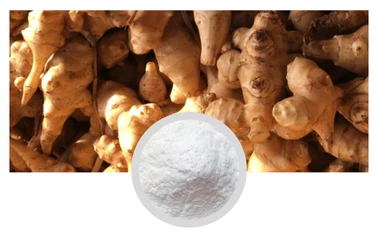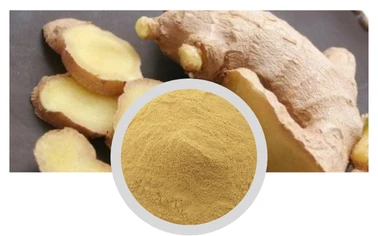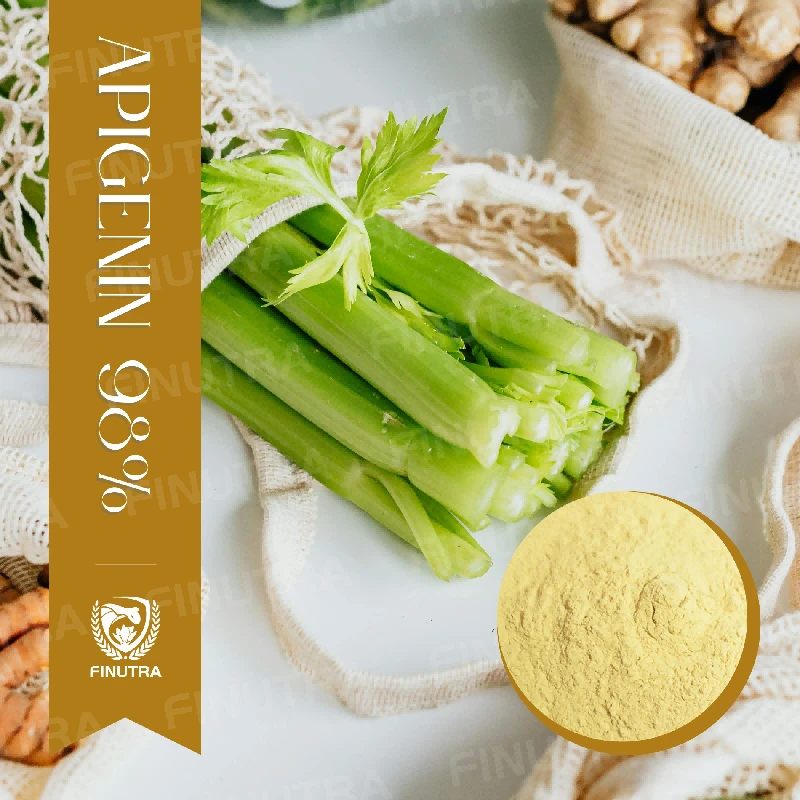

Digestive health receives a supportive boost from elderberries as well. They are a good source of dietary fiber, which is essential for maintaining a healthy digestive system. The fiber content promotes regular bowel movements, relieves constipation, and helps control blood sugar levels by slowing down the absorption of sugar. This can be particularly beneficial for individuals seeking to maintain or improve digestive health naturally. Despite these remarkable health benefits, it is crucial to approach elderberry consumption with care. Raw elderberries, as well as their leaves, seeds, and roots, contain lectins and cyanogenic glycosides, which can be toxic and should not be consumed. Cooking elderberries properly can neutralize these toxic substances, making them safe for consumption. Elderberry supplements, syrups, and other processed forms are generally deemed safe when used according to directions. Expert recommendations suggest that elderberries can be incorporated into the diet in several forms, including syrups, capsules, teas, and jams. However, it’s always best to consult with a healthcare provider before starting any new supplement, especially for individuals with underlying health conditions or those who are pregnant or breastfeeding. For those who seek a natural enhancement to their health regime, elderberries offer an authoritative blend of nutrients backed by traditional wisdom and modern research. Their potential in boosting immune function, improving heart health, supporting joint and digestive health, and enhancing skin vitality, all contribute to their esteemed place in both ancient and contemporary health practices. Introducing elderberries into one’s diet can be a delicious and wholesome step towards improving overall health and well-being.
Post time:Feb - 14 - 2025

























